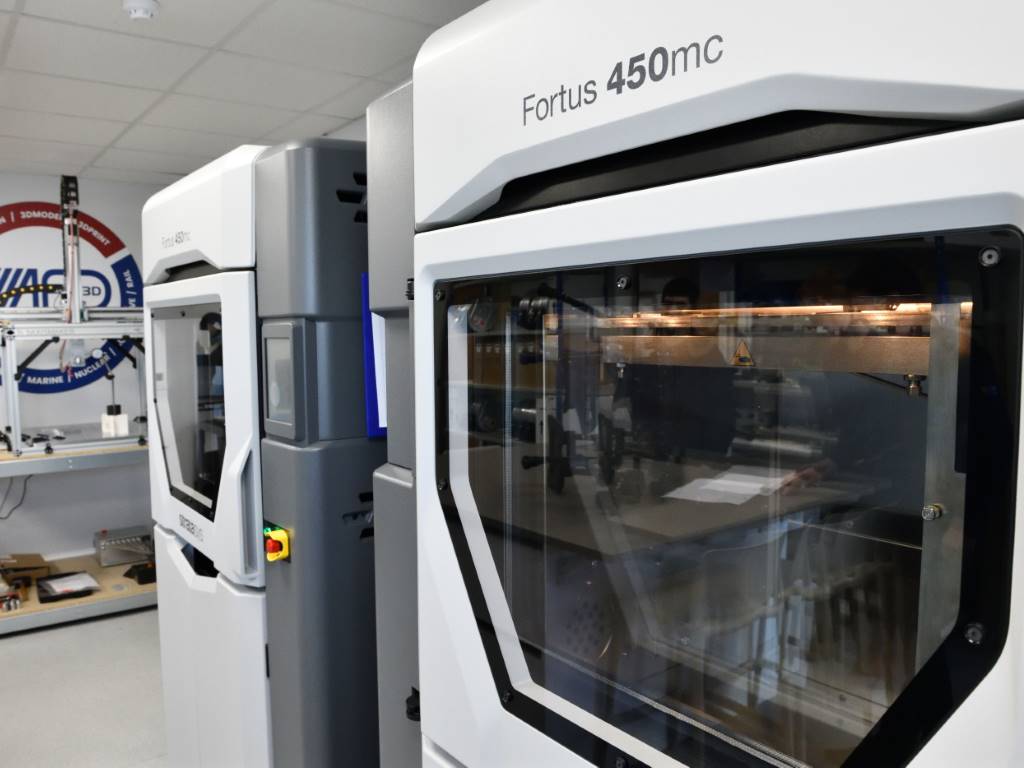Aerospace Growth Partnership launches Destination Net Zero strategy
The Aerospace Growth Partnership’s (AGP) mission is to make the UK a world leader in the development and manufacture of the most sustainable aircraft technologies, where globally competitive businesses, supported by a strong national ecosystem, provide high quality jobs and growth throughout the UK.
The new AGP Strategy, Destination Net Zero, launched at the Farnborough International Airshow 2022, sets out how UK aerospace will work towards reducing the climate impact of aviation and secure the UK’s position as a world leader for the next era of flight. This will be achieved through innovation and collaboration across research and development, design and manufacturing value chains, and a plan of action to ensure an appropriately skilled workforce. The strategy is underpinned by a joint industry and government commitment to achieve Net Zero UK aviation by 2050.
A commitment from industry and government to co-invest at least £1.37billion in research and development from 2022 to 2025, through the Aerospace Technology Institute (ATI), will drive further efficiency of aircraft technologies and accelerate the development of ultra-low and zero emissions technologies. The commitment is expected to leverage at least £20 billion of further private investment to 2040 to industrialise and deliver ATI-funded technology in the UK whilst increasing overall civil aerospace R&D investment from 2019 levels.
A new Strategic Aerospace Research Forum will drive collaboration across the research community, supporting industry to progress technology readiness. The Future Flight Challenge (FFC), announced in 2018, will also continue to bring together technologies in electrification, aviation systems and autonomy to create new modes of air travel and capability.
The strategy reaffirms the need for a robust UK supply chain to industrialise technology developments in the UK and sees the launch of a new industry-funded supplier development programme. Led by ADS, and with support from industry and regional partners, the programme will support continuous improvement of suppliers, and is expected to deliver the equivalent of up to £15 million in improvement activities in the first three years. A new ADS Sustainability Solutions programme will help aerospace businesses measure, report and reduce their carbon footprint. Sharing in Growth, with contributions from Rolls-Royce, will also continue to support suppliers in their improvement journey with about £14 million worth of support activities over the next three years.
The strategy also sets out a plan of action to identify and deliver the skilled workforce required to support the next era of flight. This includes a skills foresighting process to identify and deliver current and future skills, a review of the sector’s engagement with Science, Technology, Engineering & Mathematics (STEM) education, and doing more to drive diversity and inclusion in the sector, including building on the work of the Women in Aviation and Aerospace Charter. With further funding support from industry, the Jon Dennison Bursary will also continue to 2024-25 and is expected to support over 200 young people from disadvantaged backgrounds to pursue their interest in an aerospace engineering career.
Sir Michael Ryan, industry co-chair of the Aerospace Growth Partnership said: “Achieving net zero by 2050, whilst continuing to drive economic growth and prosperity across all the nations and regions of the UK, needs a step change in our ambition and approach. That is why we have set a bold and ambitious strategy, to be delivered through three main pillars: innovation, supply chains and skills. To succeed, UK industry and governments, along with ecosystem partners and stakeholders must have a relentless focus on how we make ultra-efficient and zero emissions aviation a reality.”
Kevin Craven, ADS chief executive, said: “Destination Net Zero launched by the Aerospace Growth Partnership is structured around the important delivery pillars of innovation, supply chains and skills which are critical to make ultra-efficient and zero emissions aviation a reality.
“In the coming years, the UK has the opportunity to win material market share in the development and manufacture of the most sustainable aircraft technologies, and strategies such as the Aerospace Growth Partnership alongside Aerospace, Technology Institute, industry and Government support accelerates progress towards net zero by 2050.”













